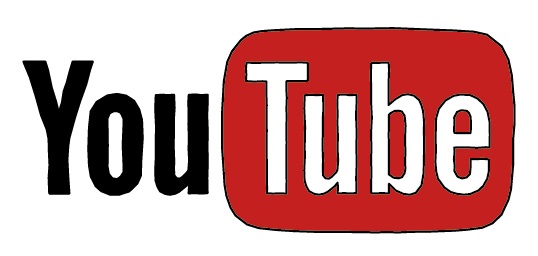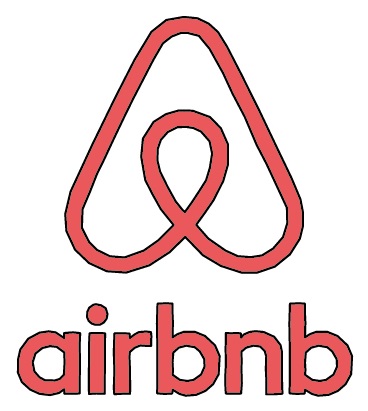Perfect Pitch: 就是想透徹、講明白 (part 1)
Step 1. Begin with a Question 提問開頭,快速抓住眼球
人在思考時,注意力最集中。試著用簡潔的問題作為開場,問題不用複雜,只要切合大眾的日常經驗、打中痛點,就能引起注意。參考下面的例子:
(1) “Do you want to spend the rest of your life selling sugared water, or do you want to come with me and change the world?
-Steve Jobs用這個提問成功挖腳百事可樂的總裁John Sculley
(2) “Ask yourself are you better off now than you were four years ago?”
- Ronald Reagan
(3) “Rather than wanting to be an entrepreneur or making money–what are some useful things that you do that you wish existed in the world?”
- Elon Musk

你可以試著這樣開場......
Have you ever noticed/thought...?
You know how...?
Rather than...would you rather...?
Would you want to...or would you rather...?
Step 2. Tell the Audience Who You Are 個人化標語,加強聽眾的記憶
用簡潔的開頭介紹自己和公司。在簡報封面中安插一句具有特色的個人化標語(tagline)能替開場加分,標語要讓人一目瞭然,最好能貫徹理念。以下是三個典型的例子:
(1) “Broadcast Yourself.”

(2) “Book rooms with locals rather than hotels.”

(3) “Eat fresh.”

報告時,你可以試著這樣說......
First, let me introduce myself. I am (name) from (company).
Let me start by giving you some background information.
Step 3. State the Problem and Solution 清楚的問題與解方,讓提案更有說服力
告訴聽眾,你目前在市場上所觀察到的問題,以及你打算如何解決。參考下面Airbnb的例子,他們利用問題與解方,清楚地說明報告的方向:
(1) Problem
Price is an important concern for customer booking travel online.
對線上訂房的顧客來說,「價格」是最重要的考量。
Hotels leave you disconnected from the city and its culture.
「飯店」讓你與城市和在地文化的距離更遙遠。
No easy way exists to book a room with a local or become a host.
「目前沒有輕鬆的方式」可以訂房或出租。
(2) Solution
A web platform where users can rent out their space to host travelers to:
一個可以讓使用者把房間出租給遊客的網路平台:
Save money: when traveling 省旅費
Make money: when hosting 賺外快
Share culture: local connection to the city 分享文化
報告時,可以試著這樣說......
We have found a way to solve... (Problems)
We are going to deal with these problem by... (Solution)
收錄於英語島 2018年6月號
訂閱雜誌
